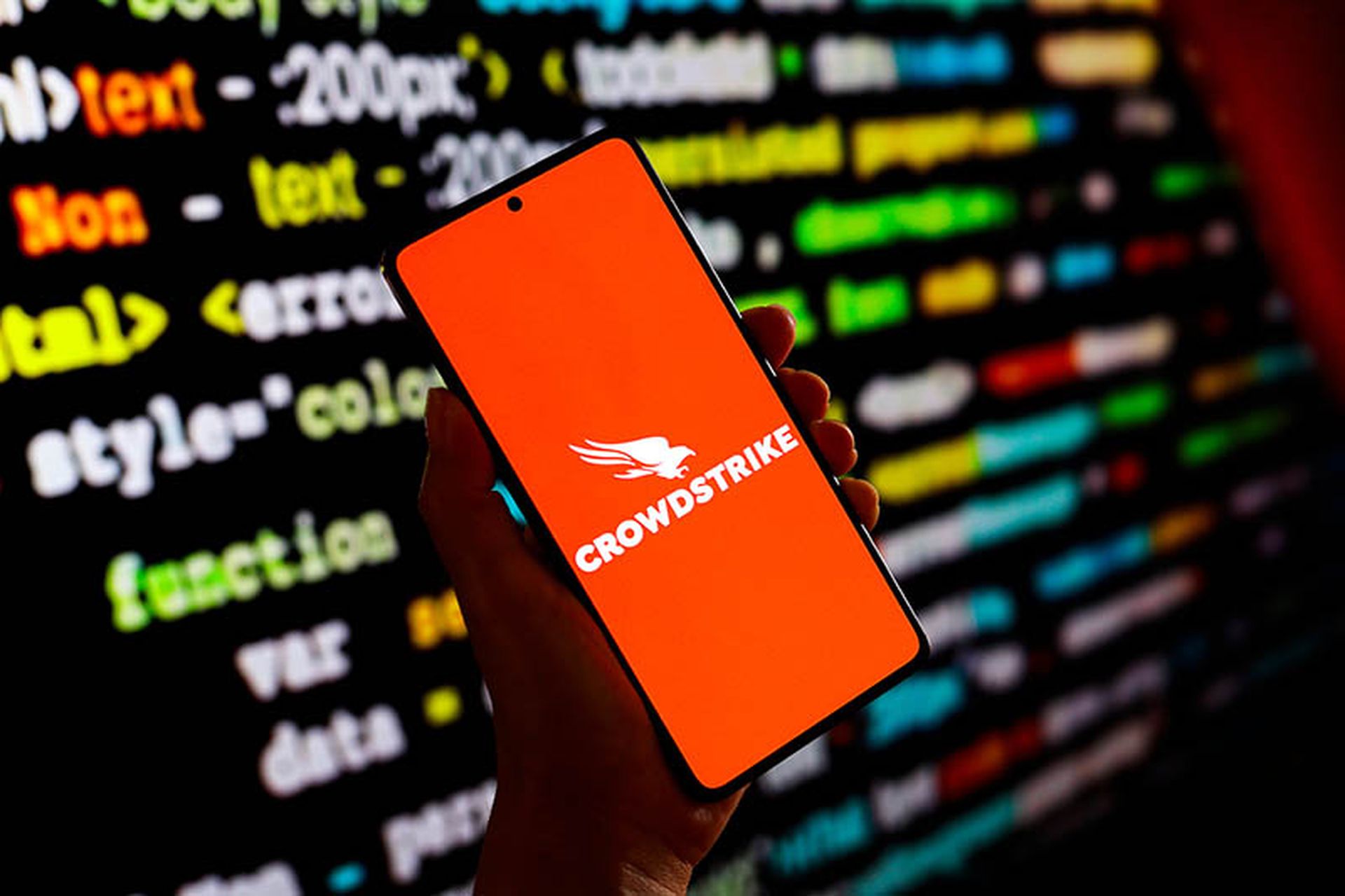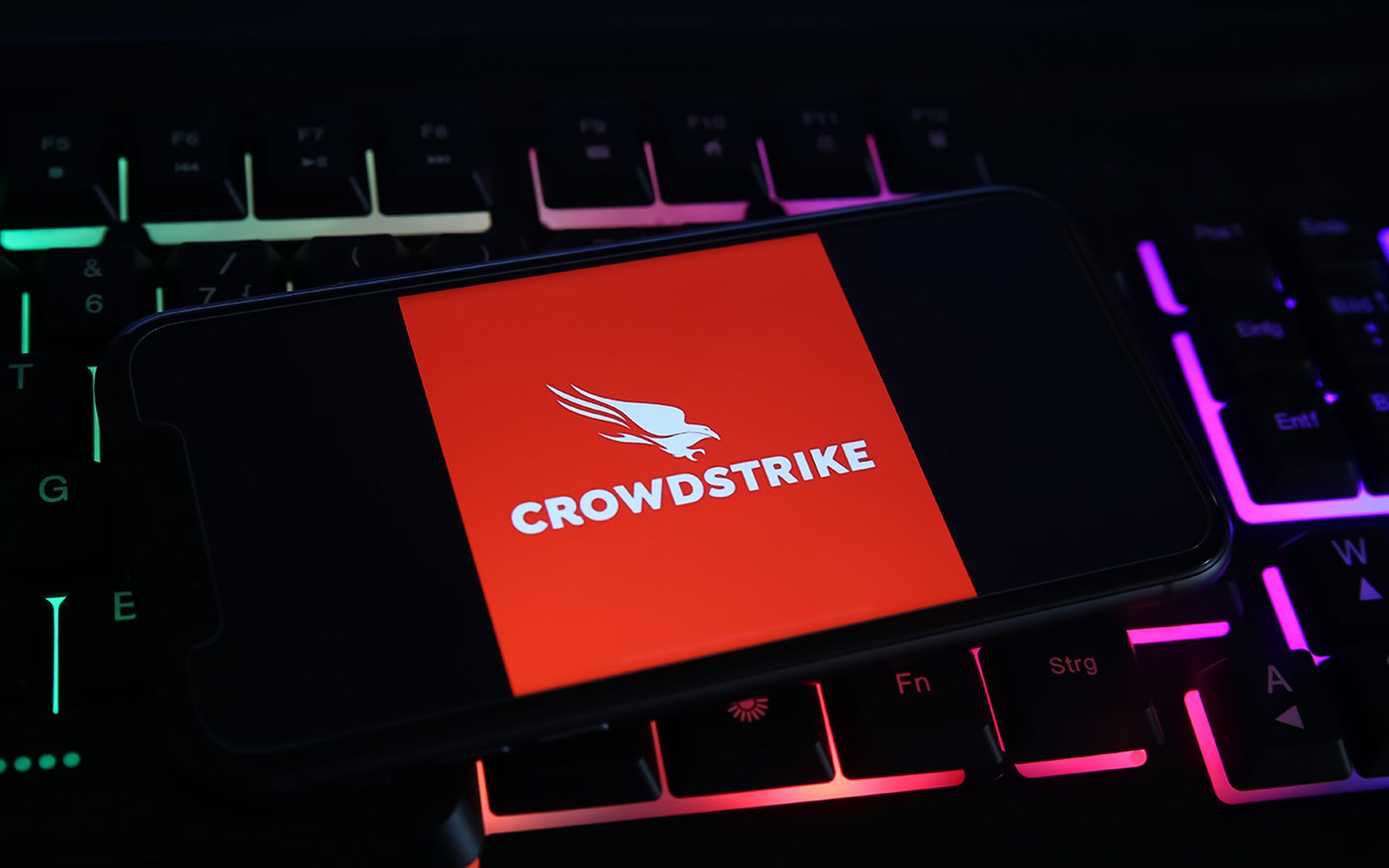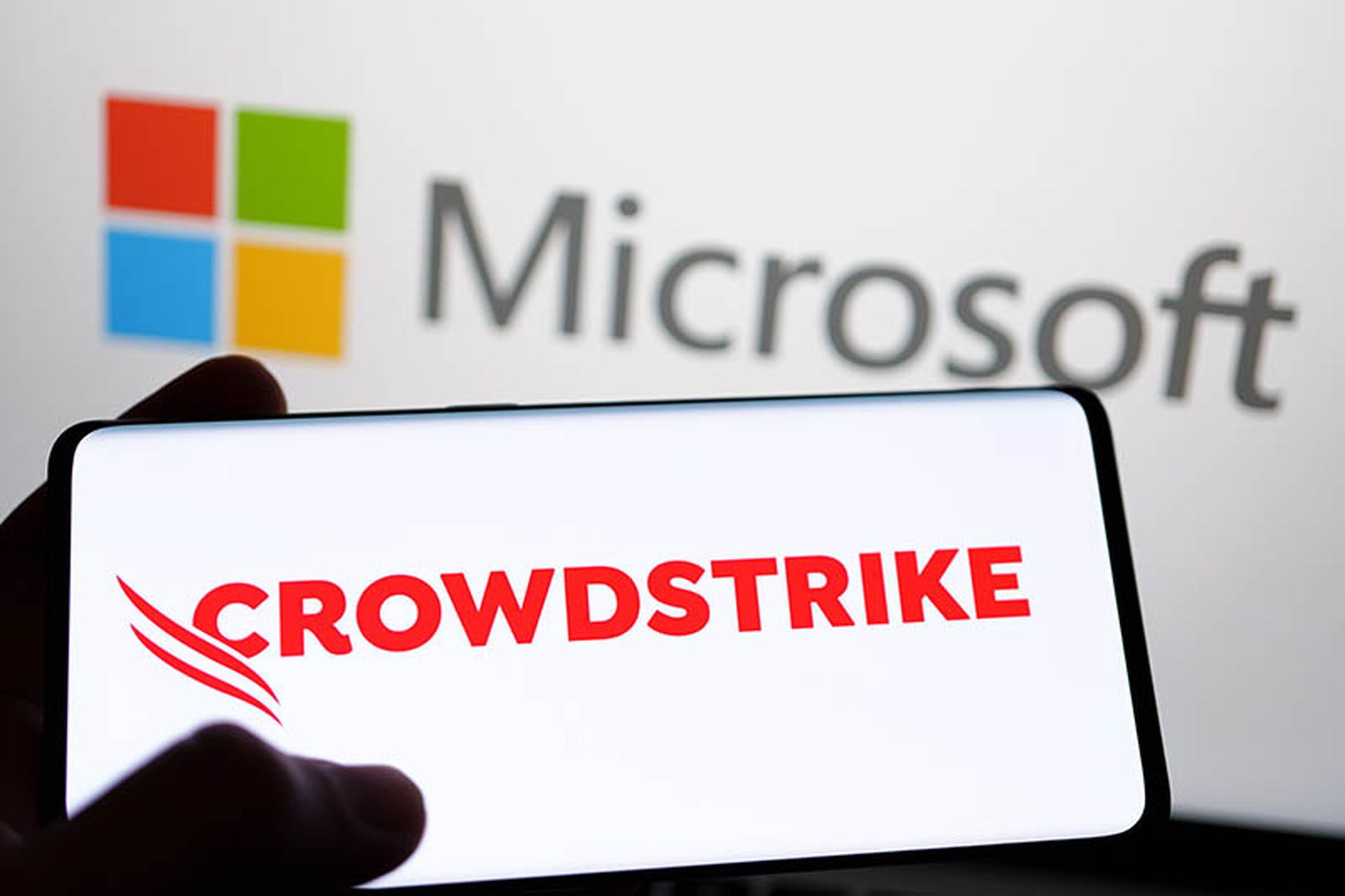Researchers at Carnegie Mellon this week released a study showing how they were able to predict Social Security numbers by using statistical patterns and publicly available birth information. Alessandro Acquisti and Ralph Gross, who plan to present their findings at this month's Black Hat conference in Las Vegas, said they were able to correctly predict the first five digits of 44 percent of individuals born after 1988 and who died before 2003. The ease by which the numbers can be predicted could give rise to identity theft, the pair said. The problem can be fixed by the government moving to a "randomized assignment scheme." — DK
Related Events
Get daily email updates
SC Media's daily must-read of the most current and pressing daily news



